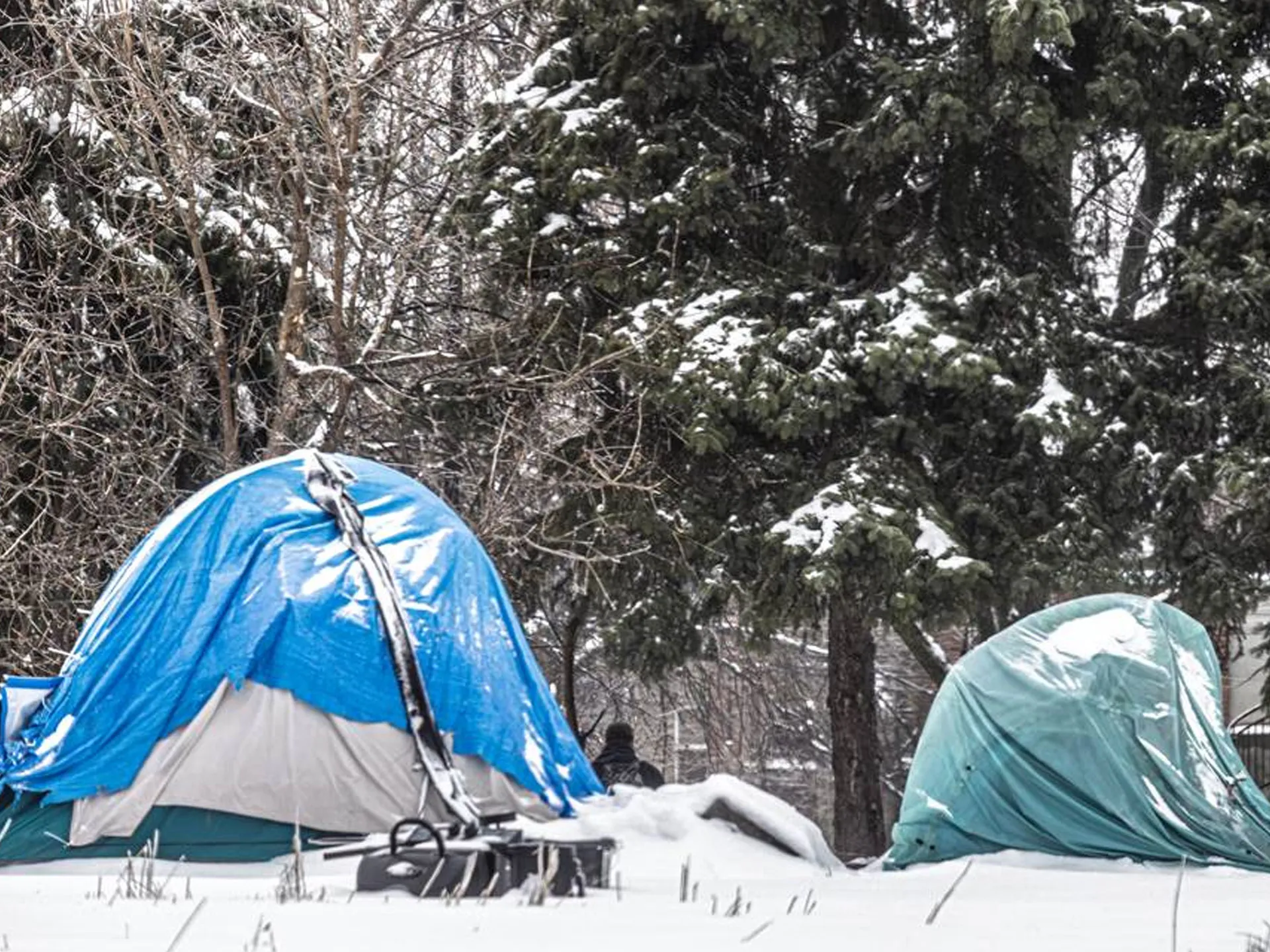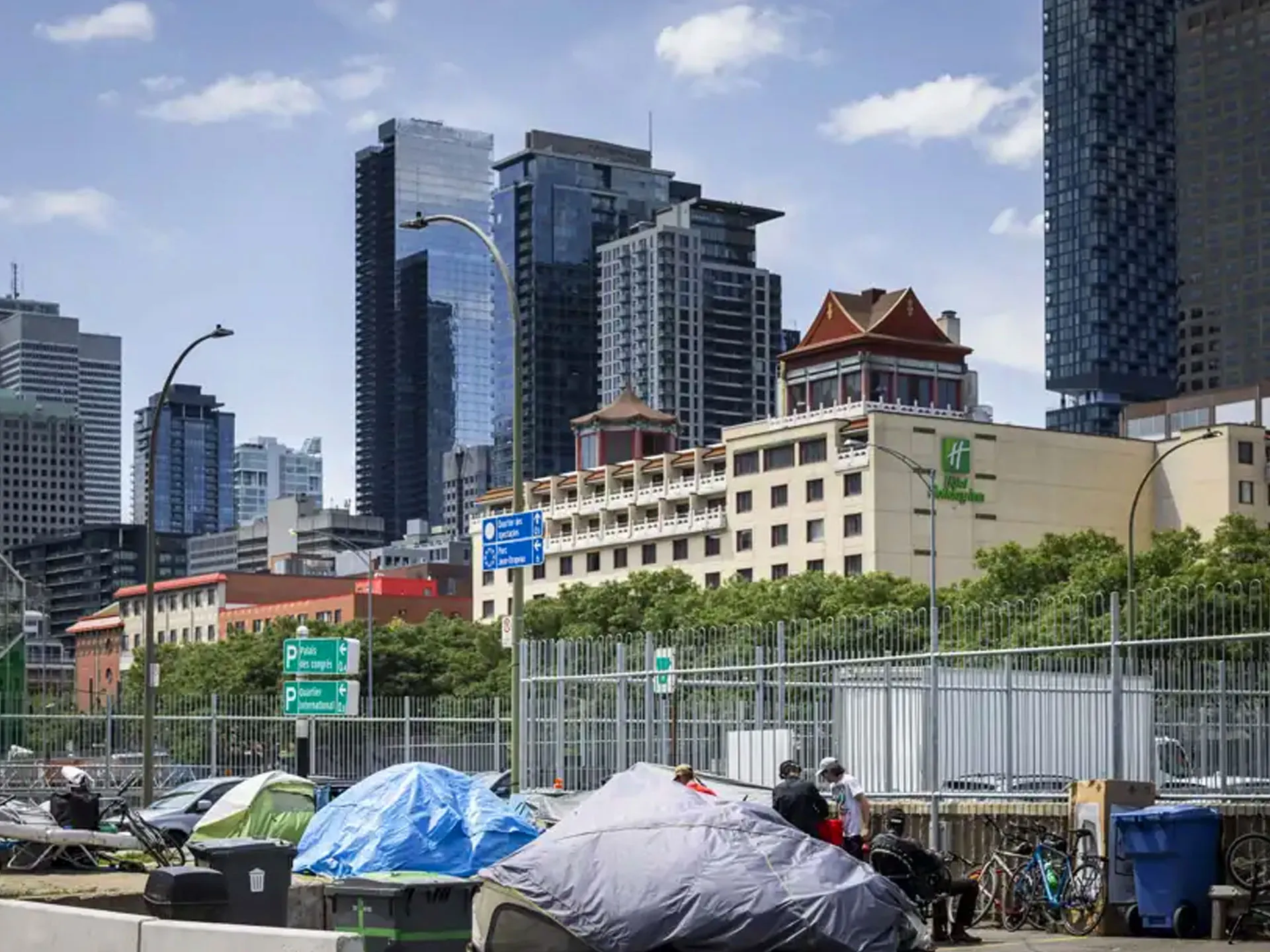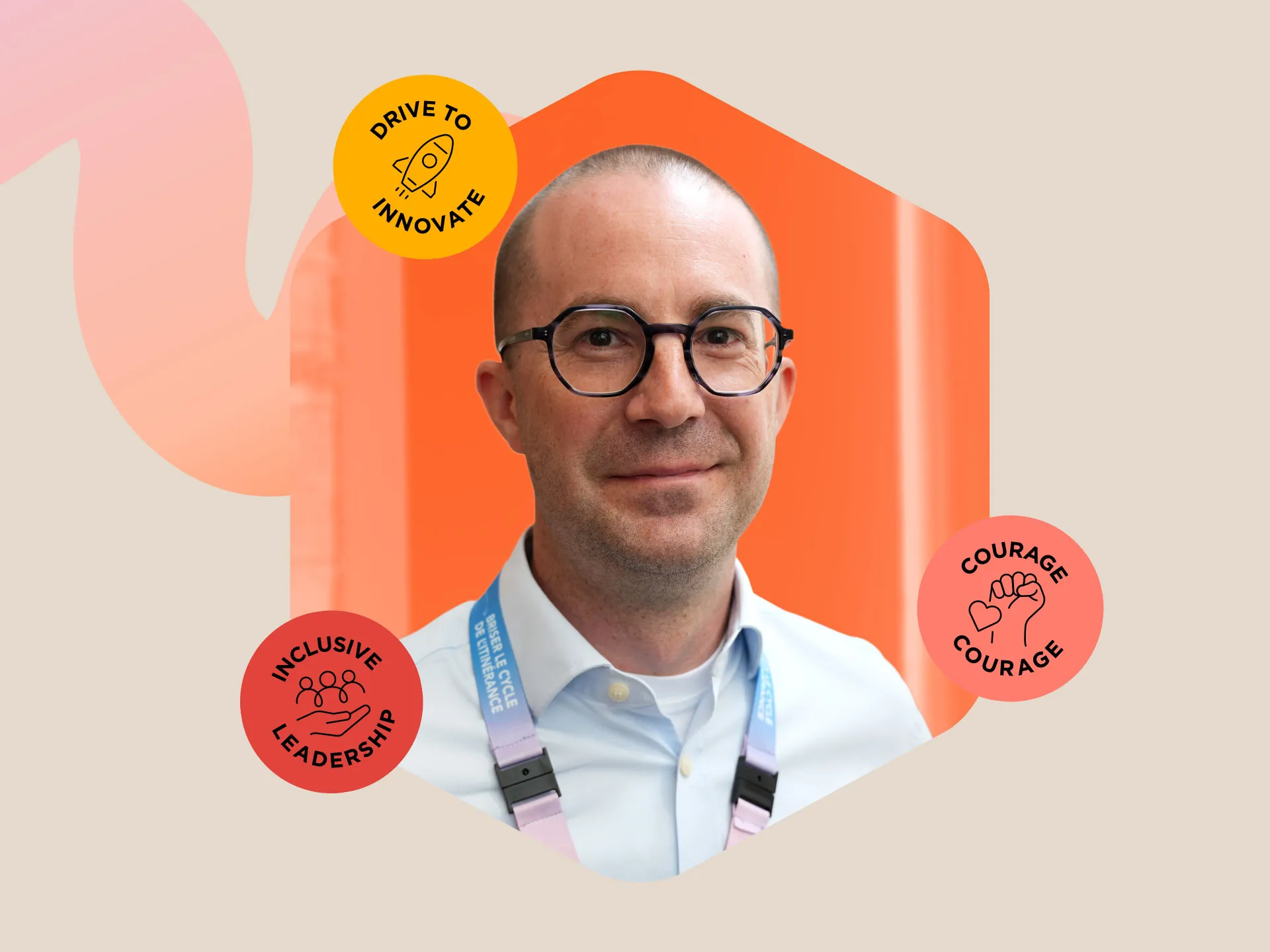
In the fight against homelessness, we must do more than stop people from freezing to death

Photo Dave Sidaway, The Gazette
A recent article in The Gazette reports that a homeless shelter in Montreal’s east end is letting unhoused people spend the night sitting on plastic chairs.
The article states: “Last year, CAP St-Barnabé applied and received funding for a project to staff an overnight drop-in centre with 20 chairs. This year, they obtained another grant and are now offering 30 people the option to spend the night (…) sitting at a table in a plastic chair. (...) The organization’s deputy manager is quoted as saying: “It’s certainly not, for us, a long-term solution, offering chairs like this, but on the other hand... it is better than somebody freezing outside in the winter.”
For decades, provincial and municipal governments across Canada have sponsored “out of the cold” programs that provide funding for community organizations to offer chairs, mats, camp cots and other makeshift accommodations for unhoused people in winter. The funding is usually for December to April and for evenings and nights only. Non-profit organizations are asked to stretch existing staff or hire more staff and convert cafeterias or other common areas into dormitories for four or five months, sixteen hours a day.
Organizations almost invariably accept the challenging task and short-term funding because, for unhoused clients, “it’s better than freezing to death.” Presented with this “to freeze or not to freeze” choice, what organization would answer otherwise?
But this is the wrong question. If we accept this race-to-the-bottom logic, then it makes sense to offer unhoused people tents because it’s better than sleeping outside without a tent. How low can we go if the only question is how to keep people from freezing to death?
When public policy is based on this question, the people who were unhoused on Dec. 1 will still be unhoused on April 1. A huge effort will be made to give them a corner in a cafeteria on the coldest nights, but their chances of escaping homelessness haven’t improved. Instead, they are helped to stay alive in a state of chronic homelessness that often becomes even harder to end.
We and other homelessness organizations in Montreal believe provincial and municipal government policies should be based on a different question: If our common goal is to end homelessness, not just manage it during the winter, how can we get there?
Clearly, the answer isn’t temporary seasonal measures for sixteen hours a day. It must be year-round, 24/7 programs with trained, professional staff who can help vulnerable individuals not just survive the winter, but permanently exit homelessness and find affordable housing. It is a dignified place to sleep. It is knowing that a skilled counselor has your back and will work with you to find a path forward in every season. And these measures will also prevent people from freezing to death in the Canadian winter.
In a report entitled Trois pas de plus (Three Steps Forward), our organizations made a series of joint recommendations to government: 24/7/365 funding for professional emergency programs, a massive investment in housing for people experiencing homelessness, and a co-ordinated access system to make sure unhoused people are directed to the right resources as quickly as possible.
This would cost more than providing chairs for four months of the year, but it would get people into permanent housing and save money in the long run by reducing the need for expensive emergency services.
Enough is enough. We call on our governments to stop their policy of funding temporary winter measures that maintain people in a state of chronic homelessness.
Instead, they must ask the right question: How can we reverse the spread of homelessness in our city and province and get people off the street once and for all?
James Hughes – Old Brewery Mission
President and CEO
Jaëlle Begarin – Maison du Père
CEO
Fiona Crossling – Accueil Bonneau
Director-General
Sam Watts – Welcome Hall Mission
CEO and Executive director
Dernières nouvelles
-
 The Old Brewery Mission and TELUS Health for Good launch second mobile
The Old Brewery Mission and TELUS Health for Good launch second mobile -
 Homelessness in the downtown core: We must house, care and innovate
Homelessness in the downtown core: We must house, care and innovate -
 Meet Jean-François Dagenais, Vice President of Finance, IT and Facilities
Meet Jean-François Dagenais, Vice President of Finance, IT and Facilities -
 Old Brewery Mission unveils new employer brand
Old Brewery Mission unveils new employer brand -
 Another resounding success for the Ken Reed Golf Tournament: $334,091 raised for the Old Brewery Mission!
Another resounding success for the Ken Reed Golf Tournament: $334,091 raised for the Old Brewery Mission! - See all news